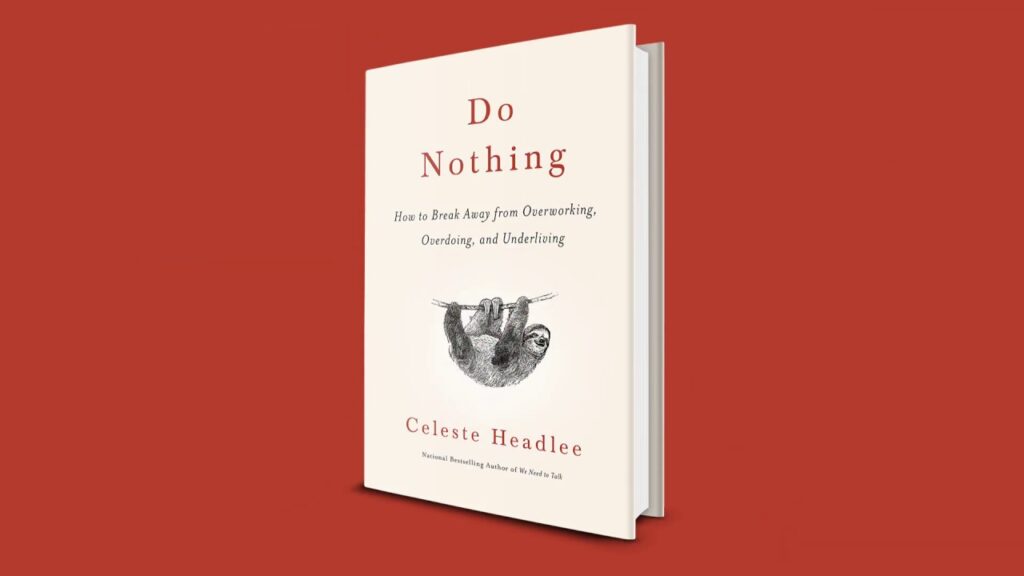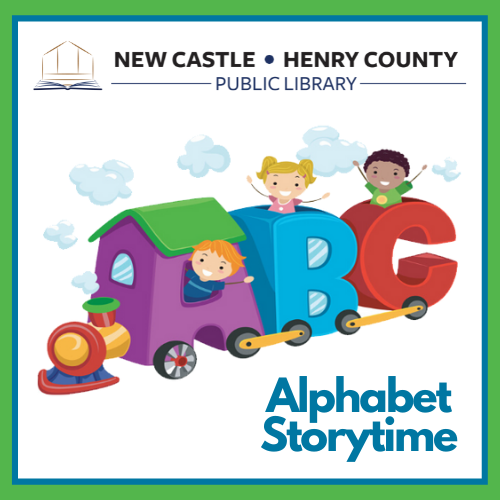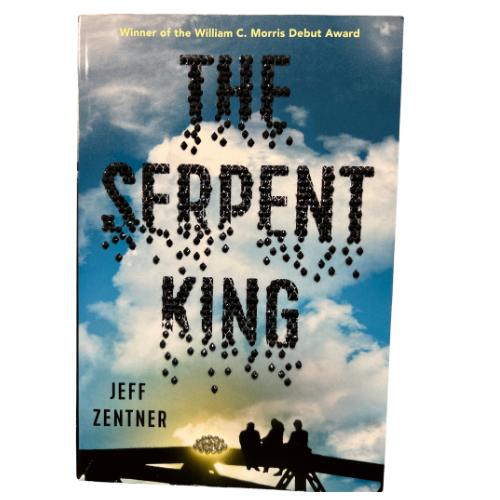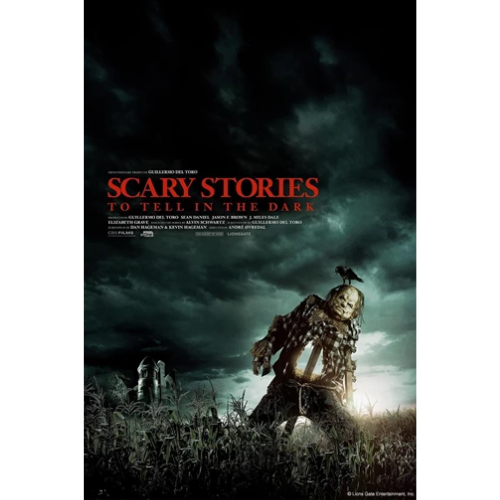When the coronavirus lock down occurred I just thought of it as practice for retirement. So many people have warned me that I will need to have projects, something to occupy my time, something TO DO or I would deteriorate into a mental and emotional mess. I watched my friends freaking out on Facebook during quarantine because they were lost without work. As they moaned and lamented I decided that next year I would be a recluse. I was thrilled when I saw the title of this book: Do Nothing. It sounded just right. So many books are about how to be more efficient, how to multitask, how to set goals, all so that we can be more productive. They are mostly wrong. One of the great advantages of old age is that you have seen constant change. Every idea, every theory eventually becomes as obsolete as every new invention. It has taken a long time for efficiency to get debunked. I was skeptical of it from the beginning. I always knew multitasking was a hoax and goal setting makes me shudder.
We have been taught for generations that work is a virtue in and of itself and the American Dream is that if you work hard enough you will have great success. Time is money so we must never waste time. Headlee maintains that idleness can be more efficient than hard work. Being idle frees our brain to daydream, to be creative, to be insightful and to replenish. We can accomplish more by working for shorter periods of time with more breaks. She suggests that asking a lazy person to do a task will get better results because he will find an easier way to do it.
Efficiency tends to be impersonal but we can accomplish more by making more connections with coworkers, community and ourselves and what we accomplish will be more meaningful. Headlee asks “Why do we measure our time in terms of efficiency instead of meaning?” She even goes so far as to say that “people don’t need to work to be happy.” I am counting on it.
Review by Janet T., Reference Librarian




